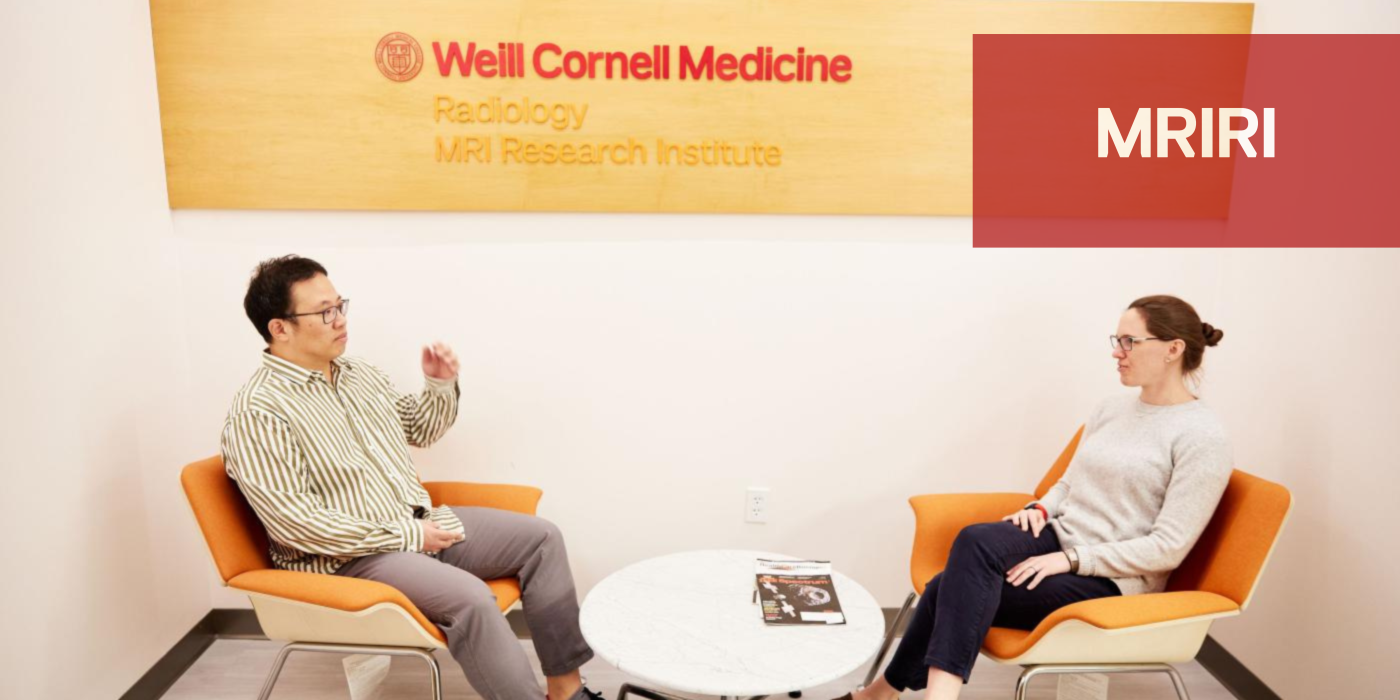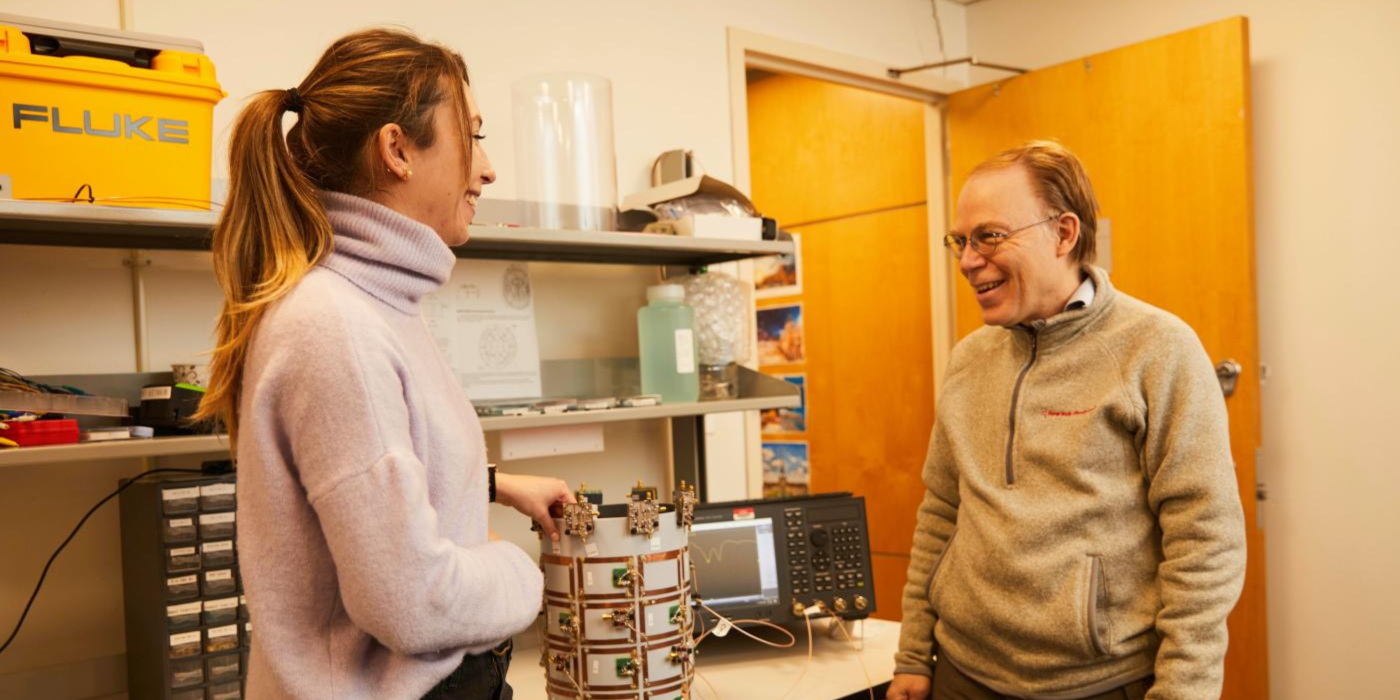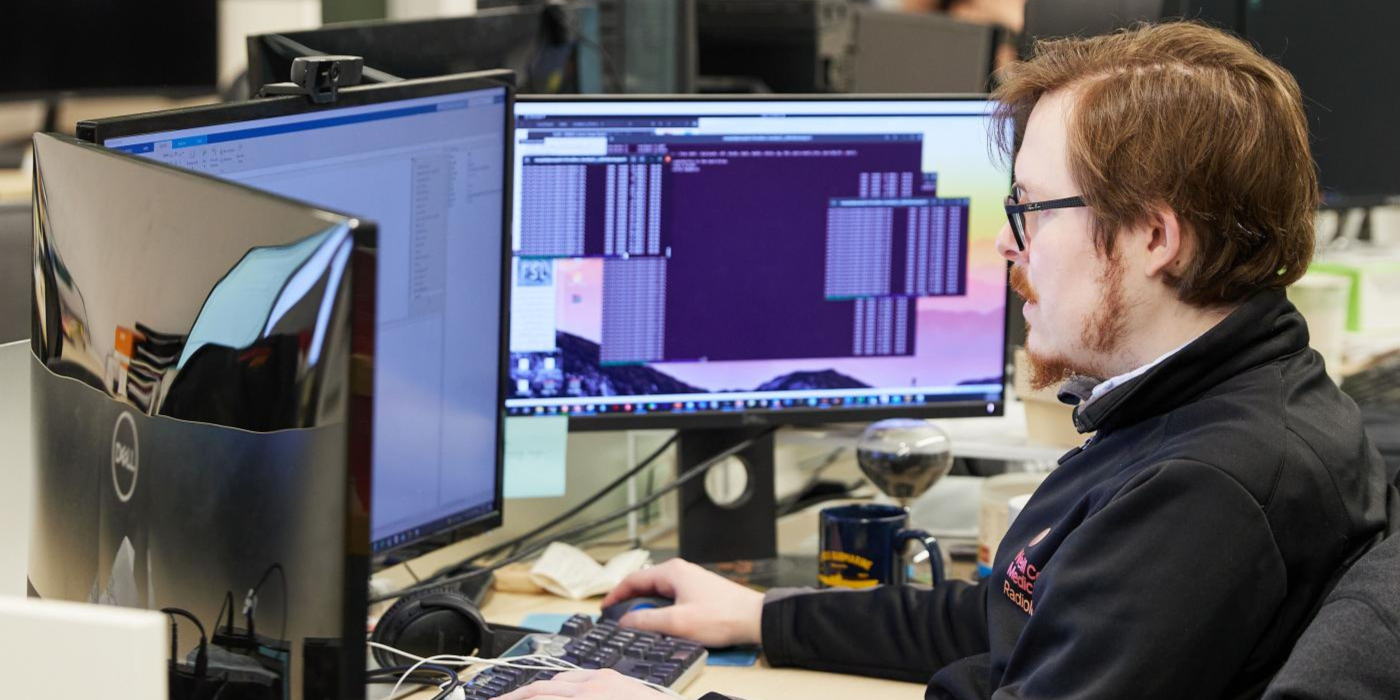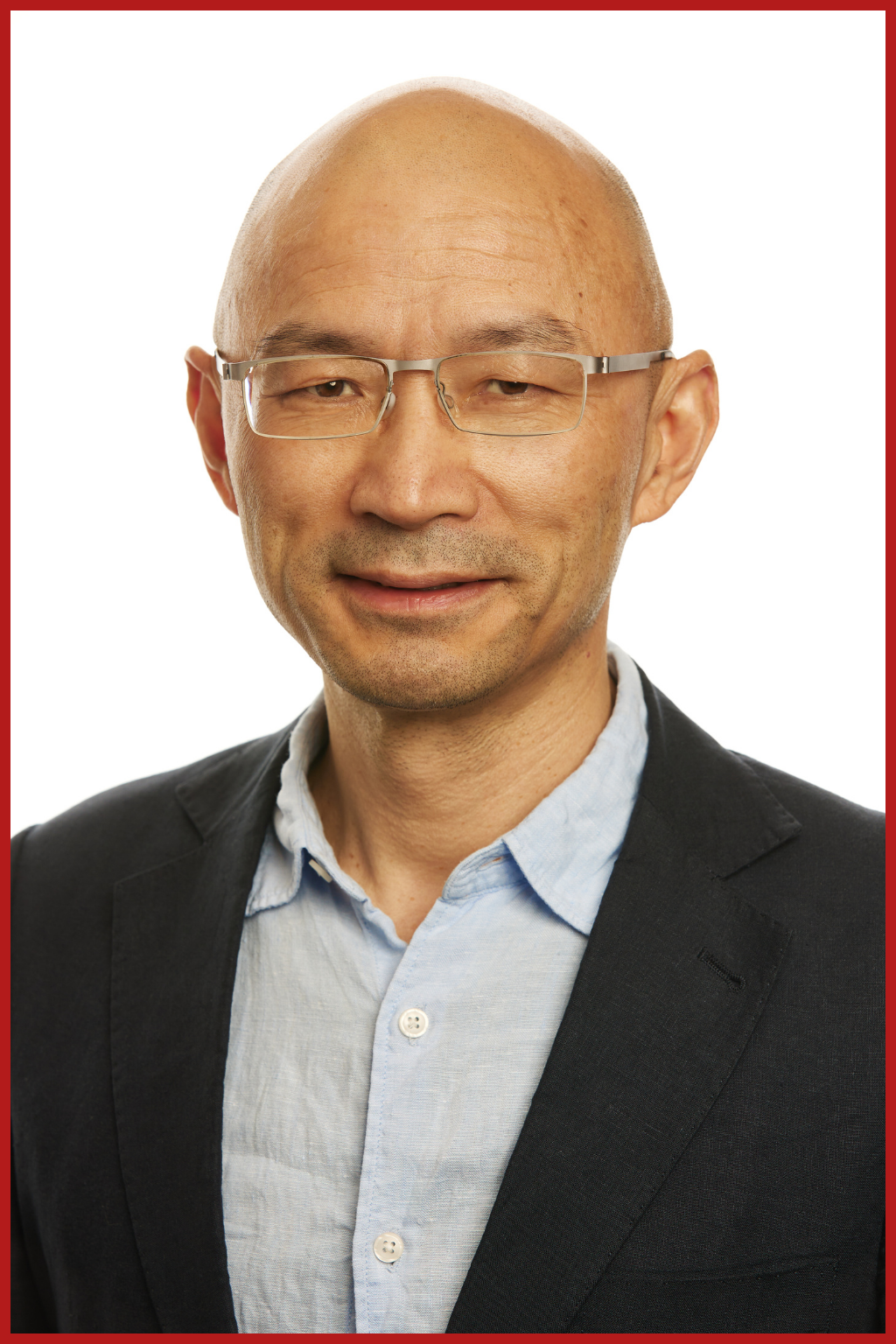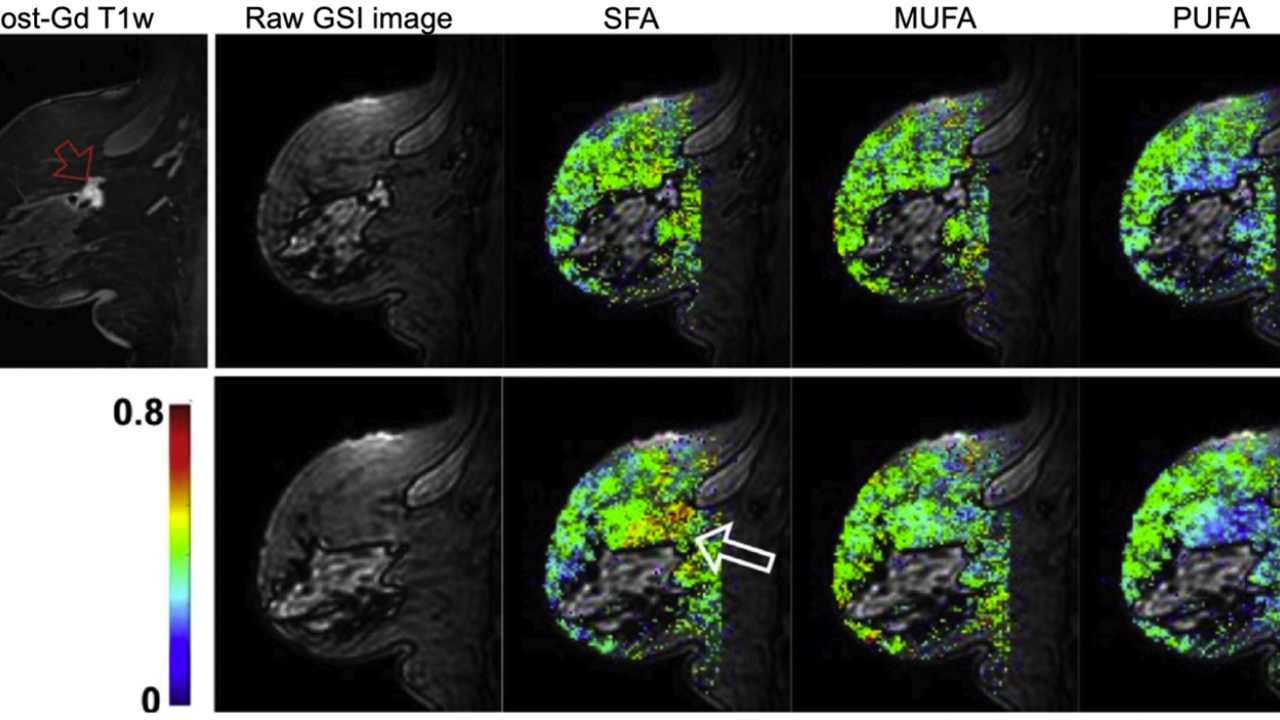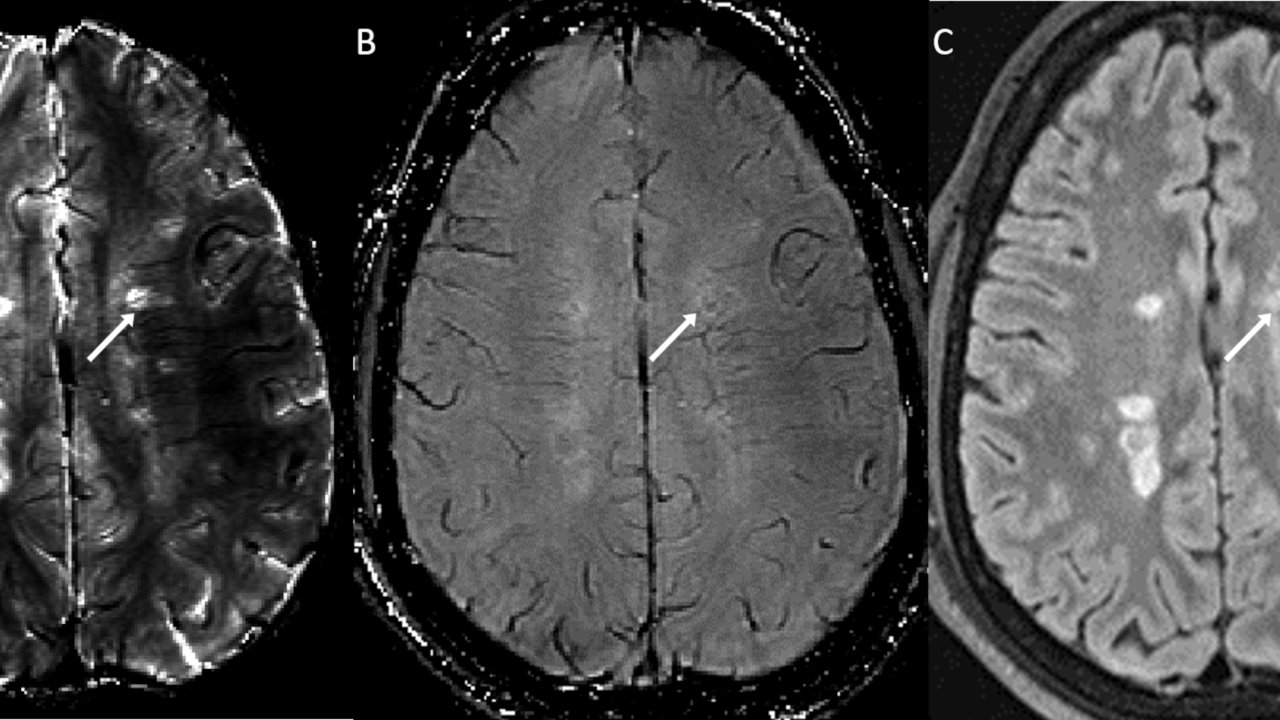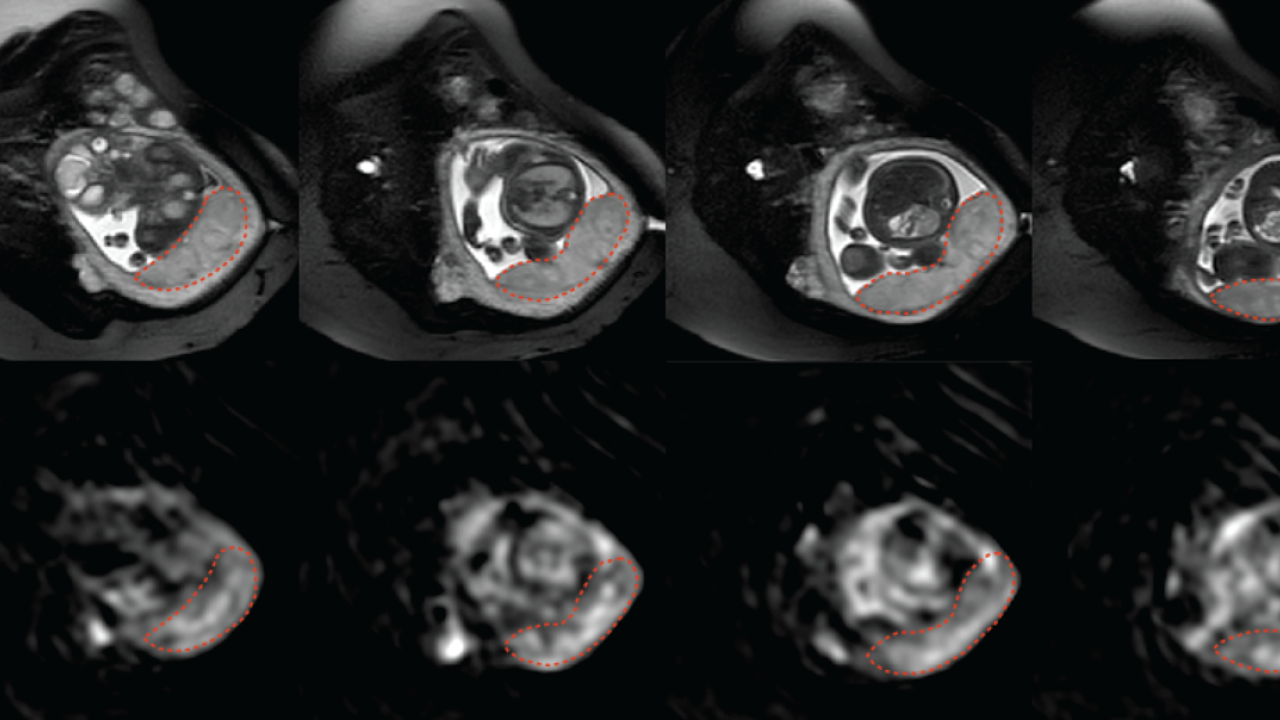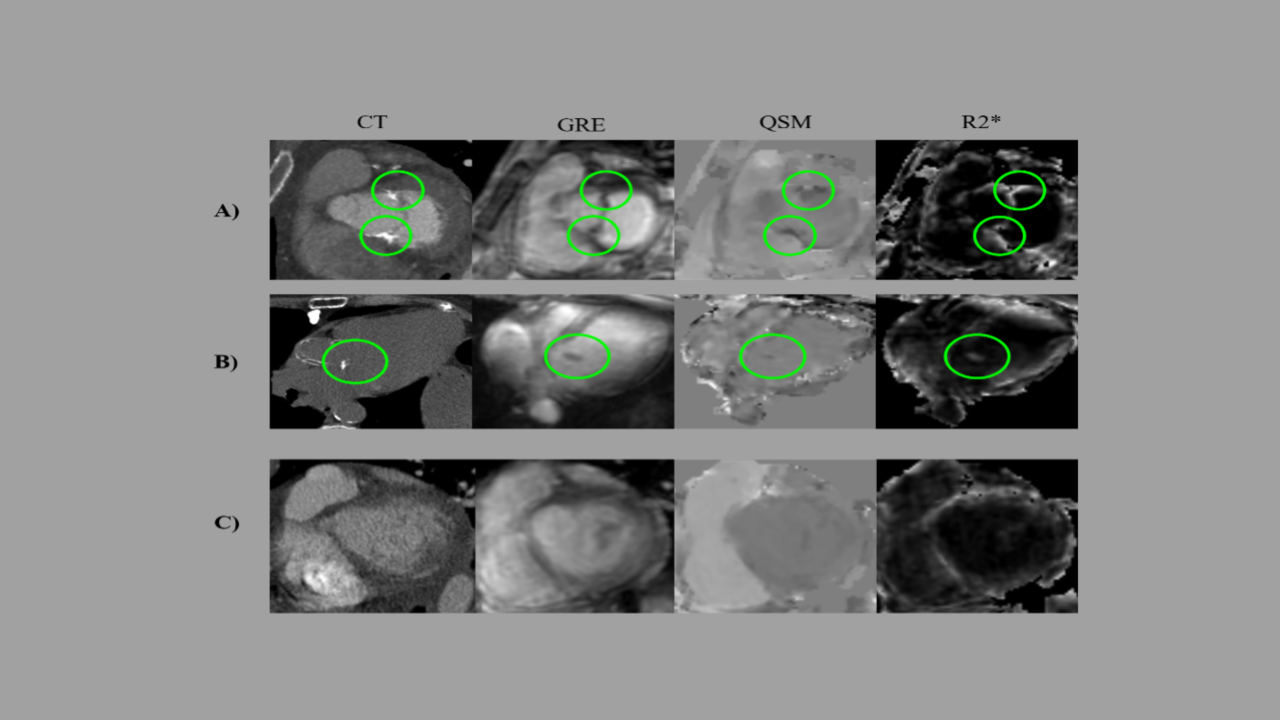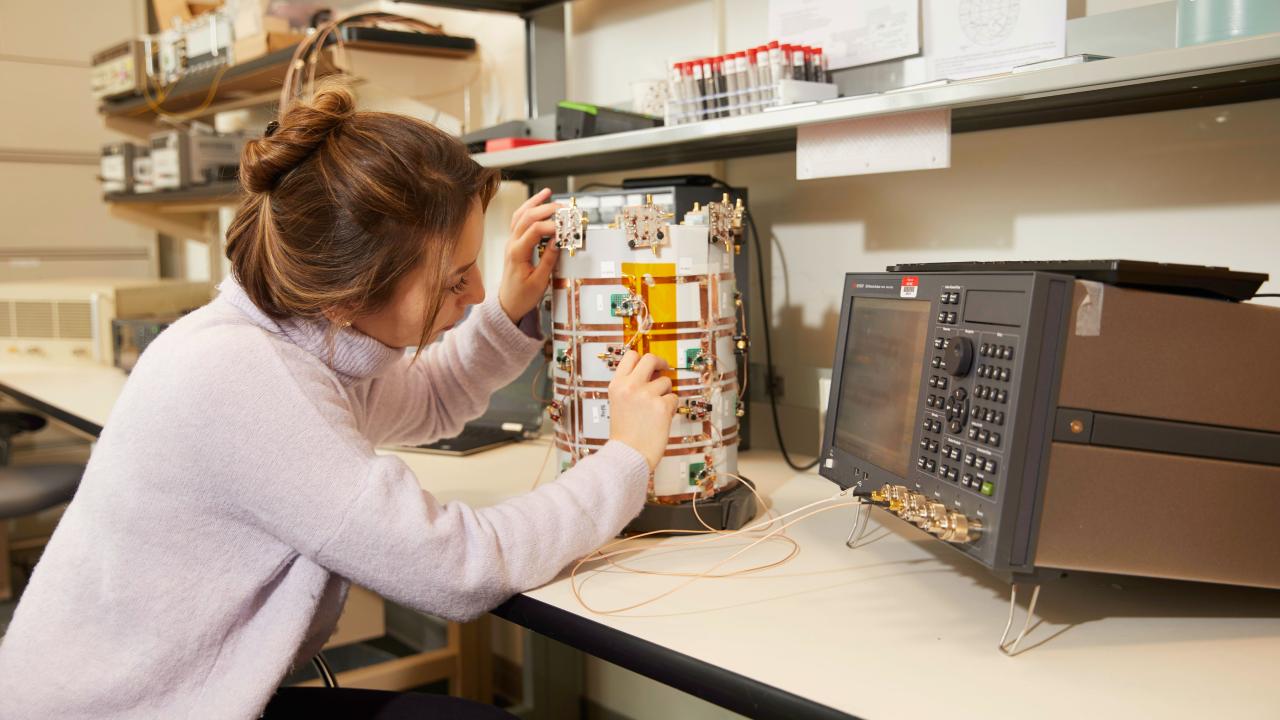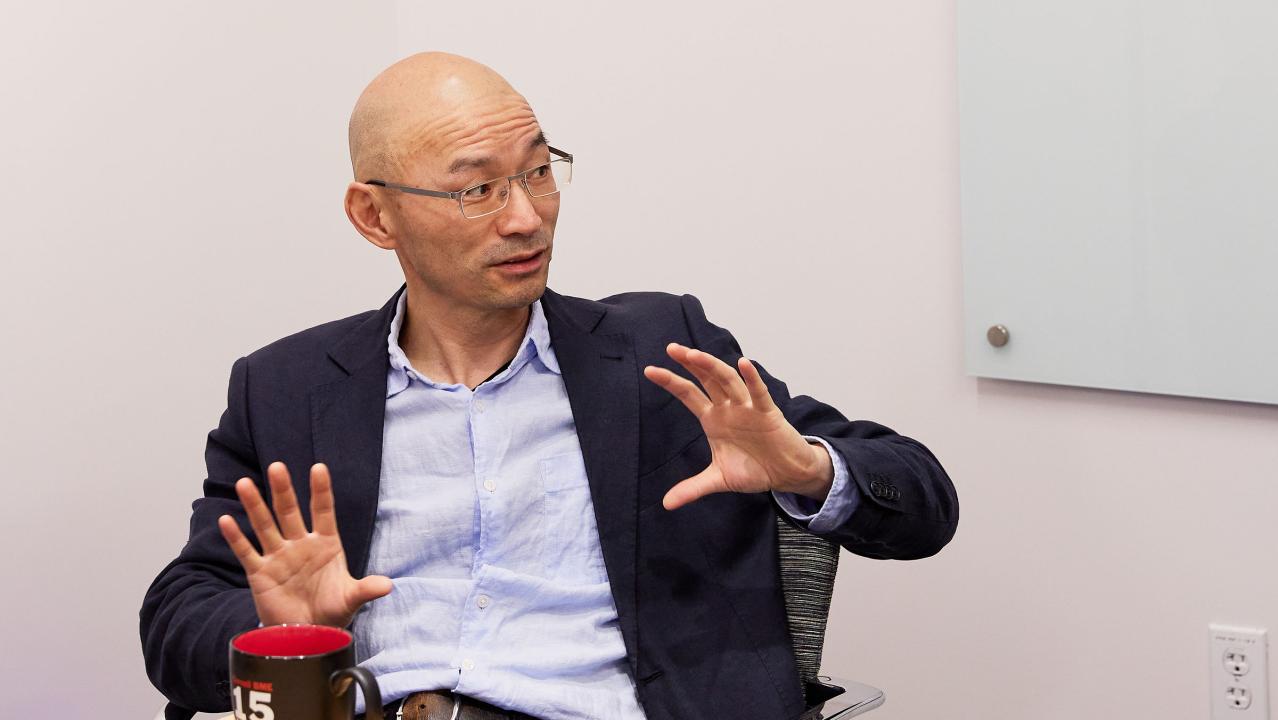Yi Wang, Ph.D., received his B.S. in nuclear physics from Fudan University and M.S. in theoretical physics and both his doctorate in medical physics from the University of Wisconsin. Wang holds the Faculty Distinguished Professorship in the Department of Radiology and is a tenured Professor of Physics in Radiology, Director of the Magnetic Resonance Imaging (MRI) Research Institute at Weill Cornell Medicine (WCM), and Professor of Biomedical Engineering at Cornell University. His major research interests include applying and developing data science, machine learning, optimization, physics, and statistical inference techniques for medical imaging acquisition and analysis. Wang's recent projects include Quantitative susceptibility mapping (QSM) to solve the field-to-susceptibility inverse problem using the Bayesian approach and Quantitative transport mapping (QTM) to solve the inverse problem from imaging to tissue perfusion quantification.


